Bringing Power to Those Who Lack It
To bring clean, reliable energy to a billion people currently without it, The Rockefeller Foundation made its biggest bet ever to launch the Global Energy Alliance for People and Planet (GEAPP).
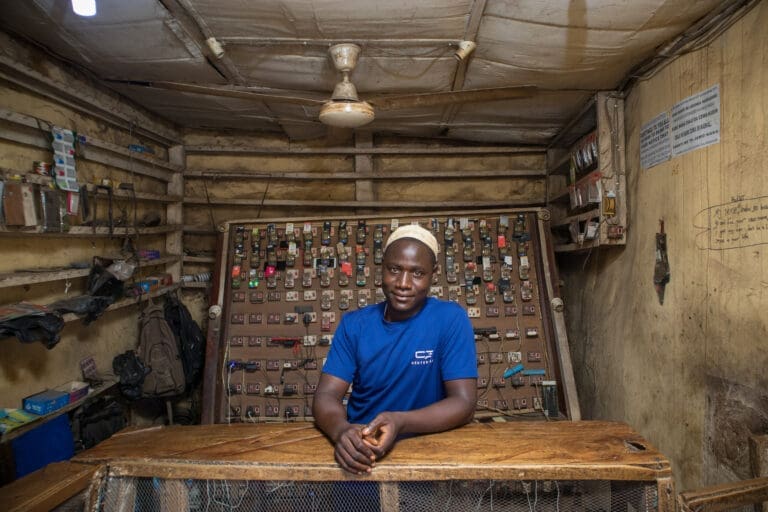
Select Impact by the Numbers:
What We and Our Partners Achieved
- 0Million
people impacted by new or improved renewable energy connections across 7 countries
- ~0Thousand
tons of CO2 reduced or averted by GEAPP projects in 7 countries
- $0Million
commitment from The Rockefeller Foundation to fighting energy poverty
Since [we met] Smart Power India, … we have benefited by replacing diesel aeration with solar energy. Our income has now increased, and the best part is, this solution is eco-friendly. We no longer need to run here and there to procure diesel. This has freed us to focus on improving the quality of production.
Bijay Kumar SwainShrimp Farmer
- 0Million
adults and 27M children benefited from temporary U.S. federal Earned Income Tax Credit and Child Tax Credit expansions
- $0Million+
raised in new capital for low-to-moderate-income communities through The Rockefeller Foundation Opportunity Collective
- 0Thousand+
small businesses supported that are operated by low-to-moderate-income Black and Latinx owners
Driving Opportunity in the United States
We believe that every working person should be able to meet the basic financial needs of their family and have a path to a better future. Over the last three years, this work has involved scaling tax policy to improving access to modern data tools. Through a wide array of efforts in partnership with fifty-eight organizations, we’ve supported research and analysis, policy design and implementation, and coalition-building, effectively building bipartisan support to advance economic opportunity for essential workers.
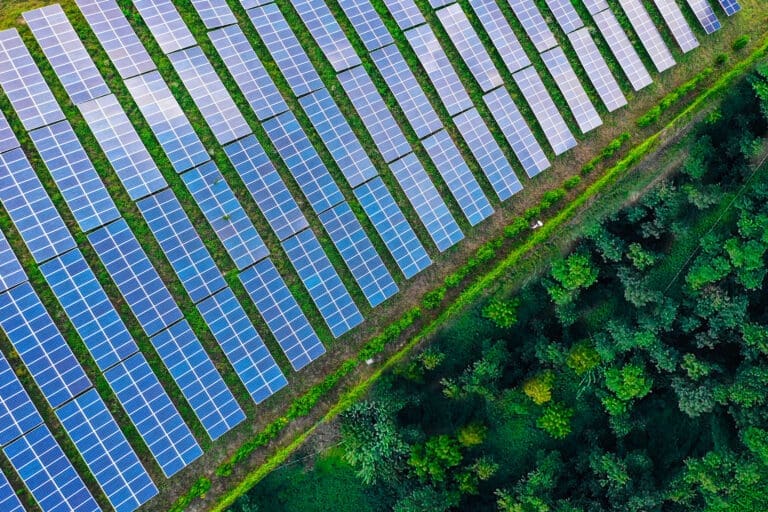
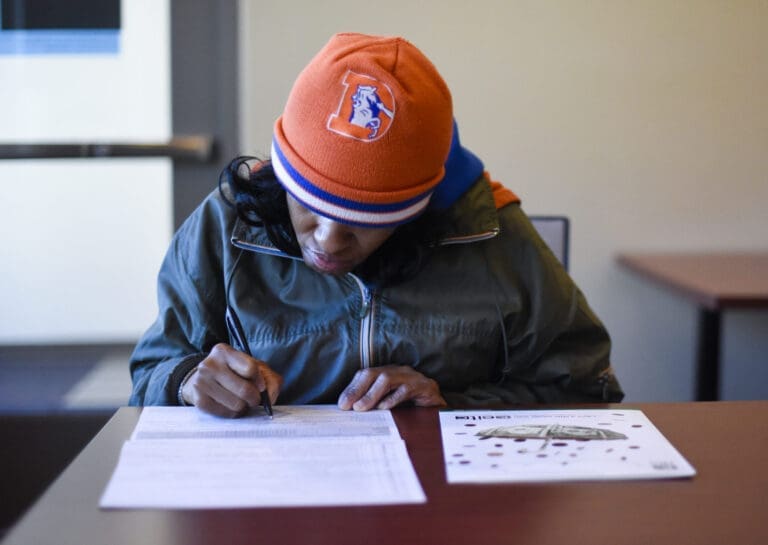
Our Opportunity Zone Stumble
We set a goal of driving private investment to create equitable economic growth and stability for low-wage workers, primarily in Opportunity Zones. Flawed design, however, undermined the program’s success. Predominantly white, high-income investors benefitted from tax breaks. This finding led us to change track with the Rockefeller Foundation Opportunity Collective.
Supporting Latina Entrepreneurs
One partner of the ROC, JUST, is a nonprofit financial platform that invests in Black and Latinx female entrepreneurs in Texas. Its participants approve each other’s loans, holding each other accountable. Once the first loan of 750 dollars is repaid, borrowers qualify for larger amounts. With more than seven million dollars lent so far, the default rate is only 0.7 percent (compared with the commercial delinquency rate of 1–2 percent).
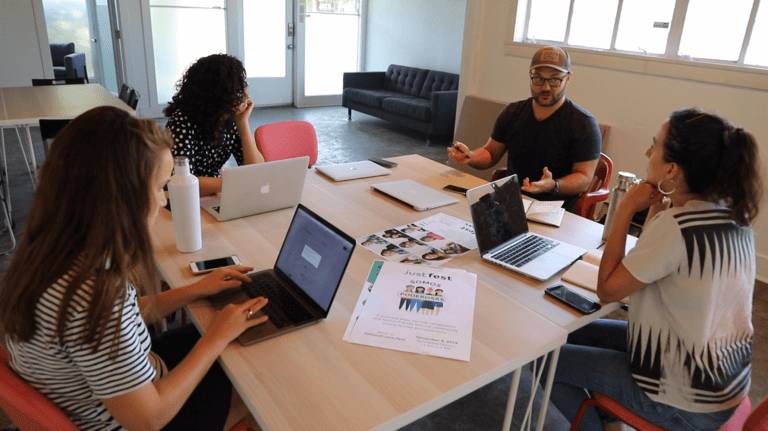
One JUST borrower, Egda Ortega, who resells clothing and runs a billboard business with her husband, had just received her first loan when she found out her fifth pregnancy was high-risk. With the onset of her health concerns, JUST worked with Egda to decrease the amount of each repayment installment and increase flexibility on the timing. Egda has now repaid four loans and taken out her fifth, for 4,750 dollars. “We get to know and to trust one another,” she says, “and we can offer support if someone in our group misses a payment.”
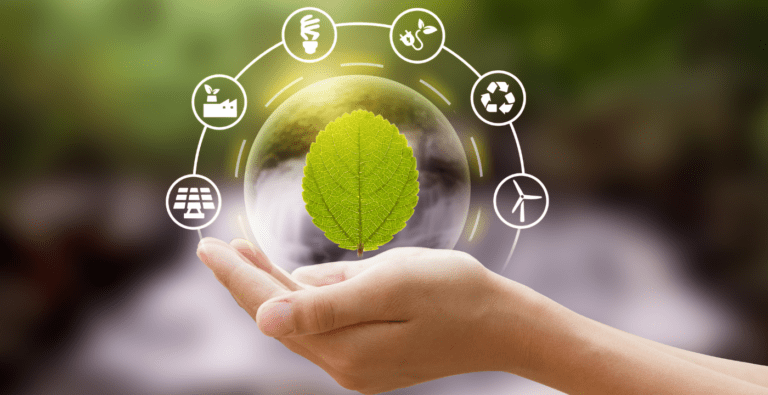
Closing the Global Financing Gap
We have been deliberate in targeting investments that generate economic opportunity around the globe. These investments have created access to financial services, generated revenue-based financing to underfunded and underrepresented entrepreneurs, restored forests, and assured water quality for farmers and communities threatened by wildfire, and much more. To learn more about this work through our Zero Gap Fund, read our annual State of the Portfolio report, with the latest to be published in July 2023.
What we learned
Our quest to promote opportunity around the world, both through our energy work but also our efforts to improve global systems, has offered multiple lessons.
The bigger the goal, the more complex the partnerships. Such partnerships, like GEAPP, must be built around shared incentives and require steady vigilance to maintain momentum.
For example, we must consider factors such as discovering a viable market, achieving product-market fit, and establishing a clear strategy for scaling if we want to create successful investment products.
We also learned a neutral party is crucial when identifying a viable, modern infrastructure that addresses global economic reform. Such reform will be challenging since the global financial architecture in place today is an agreed framework that has evolved to keep consensus across many countries with often disparate interests.
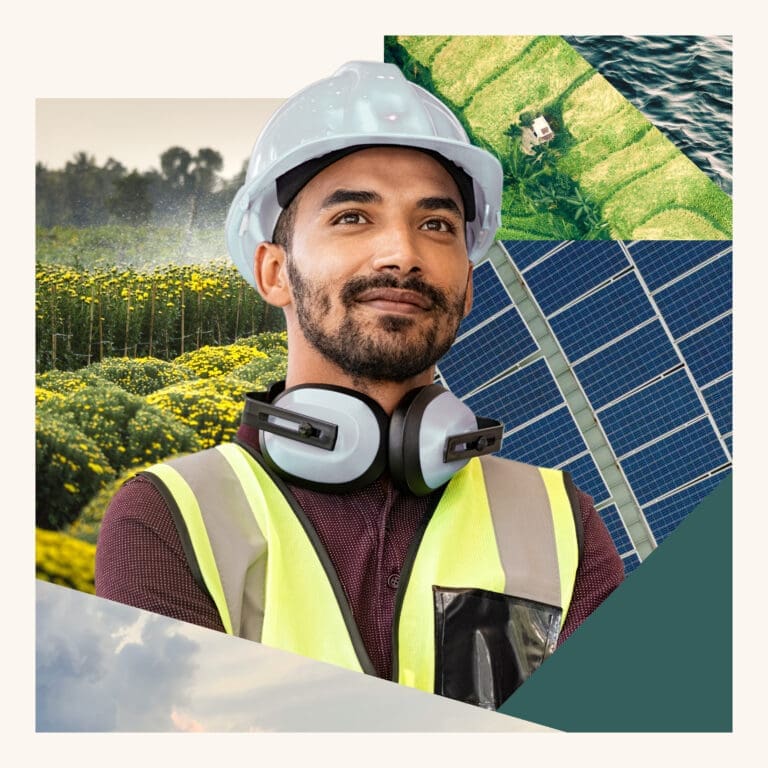
Finally, we’re currently seeking ways to reduce lag time and address community needs faster, as infrastructure development can often face long lead times and longer waits for impact.
Explore Other Chapters
We assessed where we could have the greatest impact, and then set out to find the solutions and the partners to accelerate access to testing and vaccines for everyone.
We helped transform food systems in ways that help people produce and eat Good Food—food that is nutrient-dense, regeneratively grown, and equitably supplied and accessed.